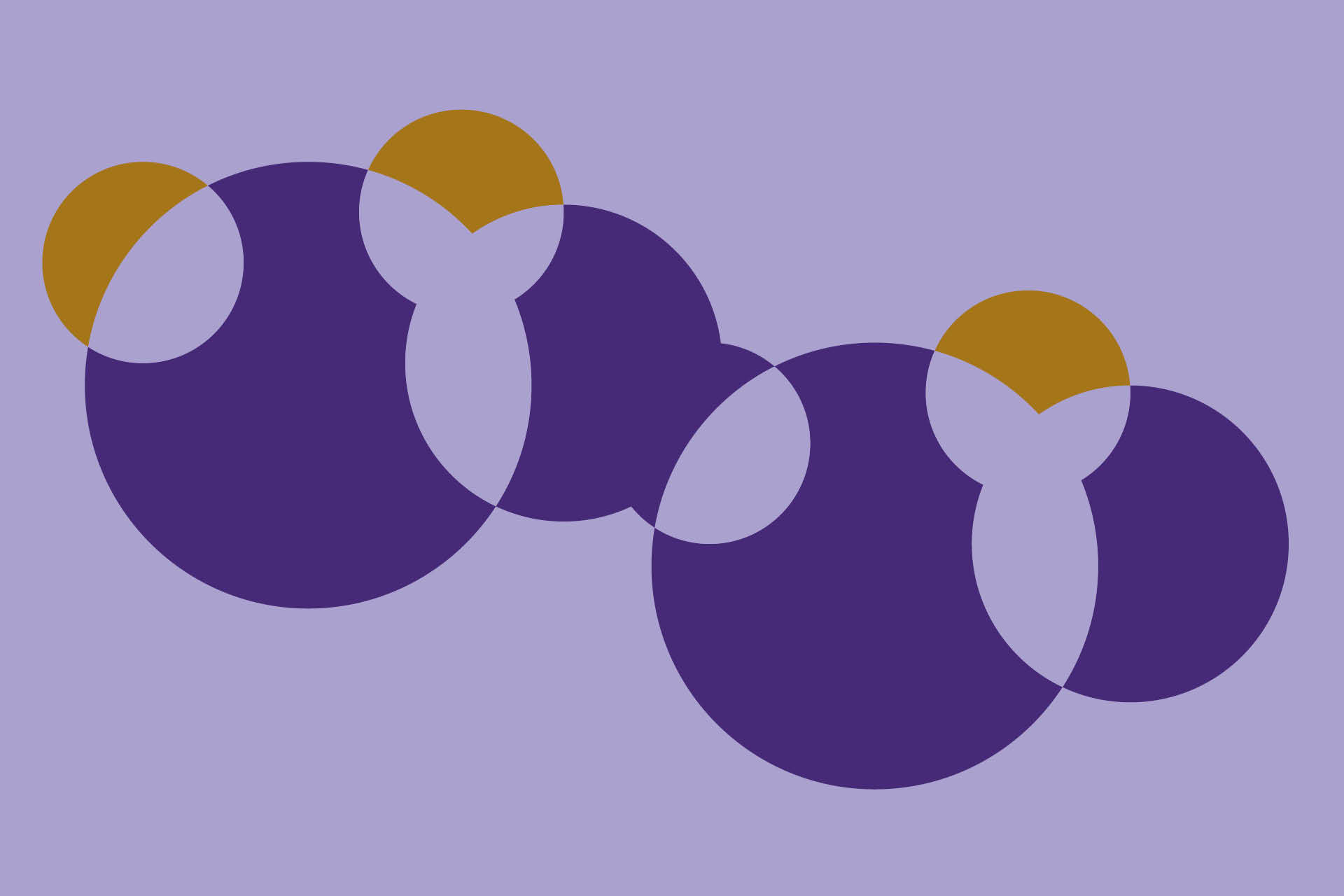Facing the transformation challenges in the era of climate change demands a stronger focus on sustainable development, innovation, creative imagination and solutions to societal problems. Transdisciplinary cooperation is becoming an essential part of producing the scientific knowledge needed for these transformations.
The exchange of knowledge, ideas and research questions that address the needs and concerns of both academic and non-academic actors has gained much attention since the global recognition of our planet’s escalating crisis, such as urbanisation, climate change, biodiversity loss, social and political conflicts, land use conflicts and more. Beyond raising public awareness about urgent scientific issues as well as about the practicality of technical solutions adaptable to everyday life, transdisciplinarity for sustainable development encompasses much more: it is a research principle with a problem-oriented approach in a social context.
To tackle these problems, it is crucial to establish ongoing knowledge exchange and collaborative research among science, administration, politics, business and civil society, incorporating diverse types of knowledge, particularly within universities. Since the 1980s transdisciplinarity has been recognized as a scientific principle and mode of knowledge production with a focus on concrete life-world context and implementation.
Transdisciplinary research also involves the production of new integrated knowledge (in science and practice) and the generation of different types of knowledge.
Transdisciplinarity means to bridge the gap between science and society, aiming to create a common ownership of problem definitions, research objectives, formats and methods of participation, knowledge integration, evaluation and problem solutions. It enables methodological approaches for societal transformation by translating wicked societal problems into questions that can be scientifically addressed. This involves the generation of common visions and problem solutions.
Collaboration and mutual learning are key! The European ENHANCE Alliance exemplifies how an integrated working process can shed light on the categories and scope of transdisciplinary research at the interface between science and society, enabling communication as well as joint action and research. ENHANCE defines transdisciplinary research as “the interaction between various academic disciplines and relevant non-academic stakeholders with the goal of driving knowledge exchange between science and society to tackle sustainable development challenges and bring about societal transformation”. Initial discussions aimed to develop a shared understanding, foster a common language and consider possible implementations for institutional change at technical universities. This was oriented towards establishing a transdisciplinary research mode at the institutions. To this end, various approaches – such as participatory research, co-production, collaboration or co-design – were included. These approaches go hand in hand with the goal of ENHANCE Universities to provide better access to research participation for students and non-academic stakeholders, and to promote the role of the university as a basis for knowledge exchange with society. The negotiated ENHANCE definition of transdisciplinarity is not just another addition to the existing ones within inter- and transdisciplinary communities. It represents a shared and broad understanding of transdisciplinarity, accommodating different approaches and frameworks.
ENHANCE materials
Discussion, comparison and analysis of transdisciplinary approaches in ENHANCE partner universities by Kathrin Wieck
Catalogue of joint advisory for supporting transdisciplinary research by Sarah Fowkes and Kathrin Wieck

